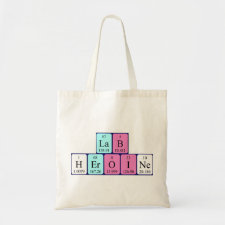
Authors: Yun YH, Shon HK, Yoon SD
Article Title: Preparation and characterization of molecularly imprinted polymers for the selective separation of 2,4-dichlorophenoxyacetic acid.
Publication date: 2009
Journal: Journal of Materials Science
Volume: 44
Issue: (22)
Page numbers: 6206-6211.
DOI: 10.1007/s10853-009-3863-3
Abstract: Abstract: As a method of preparing ligand-selective cavities in a synthetic polymer matrix, molecular imprinting technique has been attracting significant interest from a large number of areas in chemistry and analytical sciences. In this study, molecularly imprinted polymers (MIPs) were prepared with styrene, 4-vinylpyridine (4-VPy), and divinylbenzene (DVB) for the separation of hazardous 2,4-dichlorophenoxyacetic acid (2,4-D), and the selectivity of MIPs as adsorbed 2,4-D and structurally similar materials was evaluated. The template was removed through the swelling process of toluene/ethanol, and the removal ratio was about 95–99%, respectively. MIPs synthesized in this study had good adsorption selectivity in the presence of other materials, although there was a difference of adsorption quantities (uptake) in the functional monomer (4-VPy contents) and the cross-linker (DVB contents). The results exhibit that the selectivity of MIPs was improved significantly by controlling the cross-linker. We expect that molecular imprinting technique will serve as a novel method for selective separation of specific materials in various fields, especially in the fields of environment and pharmaceutics
Template and target information: 2,4-dichlorophenoxyacetic acid, 2,4-D



Join the Society for Molecular Imprinting

New items RSS feed
Sign-up for e-mail updates:
Choose between receiving an occasional newsletter or more frequent e-mail alerts.
Click here to go to the sign-up page.
Is your name elemental or peptidic? Enter your name and find out by clicking either of the buttons below!
Other products you may like:
 MIPdatabase
MIPdatabase









